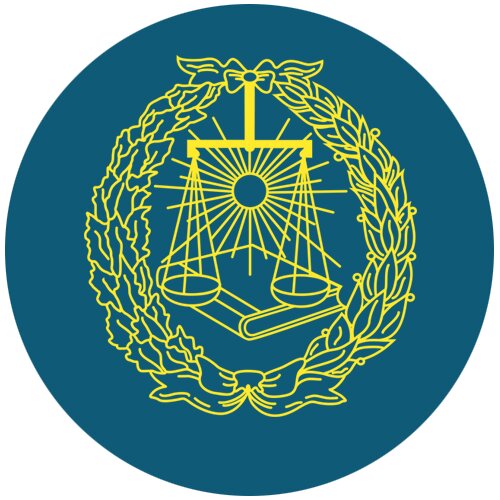Best Family Lawyers in Iran
Share your needs with us, get contacted by law firms.
Free. Takes 2 min.
Free Guide to Hiring a Family Lawyer
Or refine your search by selecting a city:
List of the best lawyers in Iran
About Family Law in Iran:
Family law in Iran is governed by Islamic law, specifically the Shia school of jurisprudence. This means that family matters are heavily influenced by religious principles and cultural traditions. Some of the key aspects of family law in Iran include marriage, divorce, custody, and inheritance.
Why You May Need a Lawyer:
You may need a lawyer in Iran for various family-related issues, such as divorce proceedings, child custody disputes, inheritance disputes, and marriage contracts. A lawyer can help you navigate the complex legal system and ensure that your rights are protected.
Local Laws Overview:
In Iran, family law is based on Islamic principles, which differ from Western legal traditions. For example, in Iran, a man can have up to four wives at a time, but a woman can only have one husband. Additionally, divorce is governed by specific rules, such as the requirement for a husband to obtain his wife's consent for divorce.
Frequently Asked Questions:
1. Can men have multiple wives in Iran?
Yes, men are allowed to have up to four wives at a time in Iran, as long as they can provide for each wife equally.
2. What are the grounds for divorce in Iran?
Divorce in Iran can be initiated by either the husband or the wife, but there are specific grounds for divorce, such as abuse, infidelity, or inability to provide for the family.
3. How is child custody determined in Iran?
In Iran, child custody is typically awarded to the mother until the age of seven for boys and nine for girls. After this age, custody may be determined by the court based on the best interests of the child.
4. What rights do women have in Iranian family law?
While women in Iran have certain rights within the family, such as the right to divorce under specific circumstances, they may face restrictions compared to men in areas such as marriage and inheritance.
5. How is inheritance handled in Iran?
In Iran, inheritance is governed by Islamic law, which dictates that male heirs receive double the share of female heirs. However, this distribution can be altered through a will or agreement among family members.
Additional Resources:
If you need legal advice or assistance with family matters in Iran, you can contact the Iranian Bar Association or seek help from legal aid organizations such as the Legal Medicine Organization.
Next Steps:
If you require legal assistance in family matters in Iran, it is advisable to consult with a qualified lawyer who specializes in Iranian family law. They can provide you with personalized advice and guidance based on your specific situation.
Lawzana helps you find the best lawyers and law firms in Iran through a curated and pre-screened list of qualified legal professionals. Our platform offers rankings and detailed profiles of attorneys and law firms, allowing you to compare based on practice areas, including Family, experience, and client feedback.
Each profile includes a description of the firm's areas of practice, client reviews, team members and partners, year of establishment, spoken languages, office locations, contact information, social media presence, and any published articles or resources. Most firms on our platform speak English and are experienced in both local and international legal matters.
Get a quote from top-rated law firms in Iran — quickly, securely, and without unnecessary hassle.
Disclaimer:
The information provided on this page is for general informational purposes only and does not constitute legal advice. While we strive to ensure the accuracy and relevance of the content, legal information may change over time, and interpretations of the law can vary. You should always consult with a qualified legal professional for advice specific to your situation.
We disclaim all liability for actions taken or not taken based on the content of this page. If you believe any information is incorrect or outdated, please contact us, and we will review and update it where appropriate.
Browse family law firms by service in Iran
Iran Attorneys in related practice areas.
Browse family law firms by city in Iran
Refine your search by selecting a city.
















